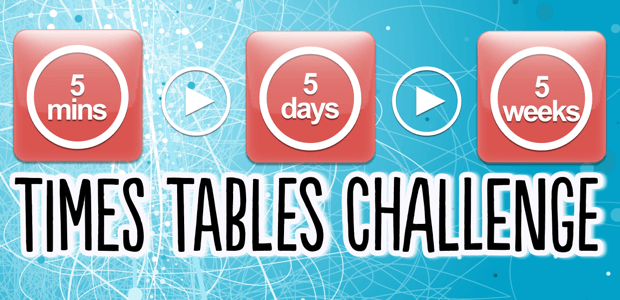
I'm sure we've all said this before, perhaps at the end of a lesson on fractions, or percentages, or ratio, or algebra, or word problems, or arithmetic, or...the list goes on. It's clear to anyone who has been teaching for anything more than a week or so that a secure knowledge of times tables facts is one of the most important things a child can have to support them in their mathematical understanding. Yet how much time do we actually spend teaching times tables facts, especially as children get older? Of course, times tables knowledge begins with the concept of repeated addi... (Read More)
